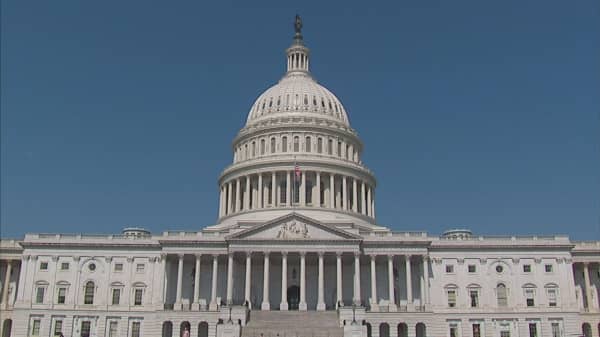Dozens of lawmakers stand to reap a tax windfall thanks to a loophole inserted in the sweeping GOP tax overhaul bill, according to a review of federal financial disclosures.
The provision, which gives favorable tax treatment to a common form of real estate income, would also create generous tax saving for President Donald Trump, who derives much of his personal fortune from real estate.
The measure — added late Friday to the $1.5 trillion package of tax cuts — reduces the tax rate on "pass-through" income derived from real estate. Owners of such businesses are allowed to "pass through" the profits from these enterprises to their individual tax returns, which lowers the amount of tax they owe.
Those benefits will now go to roughly four dozen Republican House and Senate members who voted for the bill, according to an analysis of personal financial disclosures for CNBC by the Center for Responsive Politics. They include Sens. Ron Johnson of Wisconsin, Bob Corker of Tennessee and James Inhofe of Oklahoma and Reps. Diane Black of Tennessee and Vern Buchanan of Florida.
Under federal financial disclosure rules, members of Congress are only required to report their assets in a range of dollar amounts, so a full accounting of lawmakers' holdings isn't available. But GOP lawmakers who voted for the bill had combined real estate assets eligible for pass-through treatment of as much as $390 million in 2015, according to the center's analysis.
The following and other charts in this story show the range of lawmakers' real estate holdings that could benefit from the tax break.




